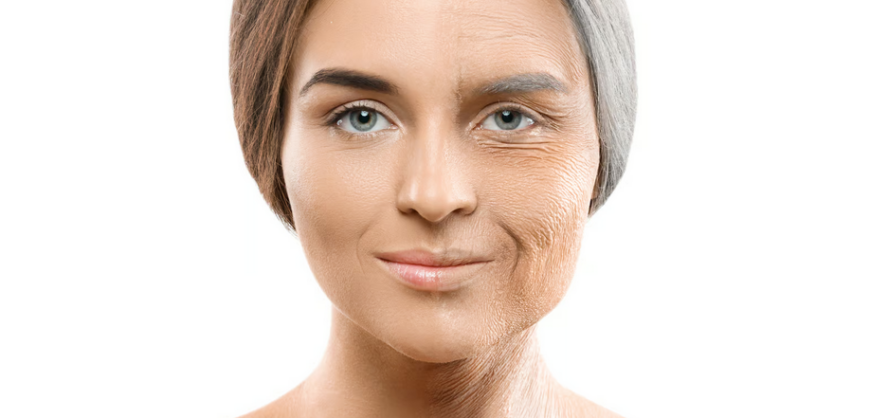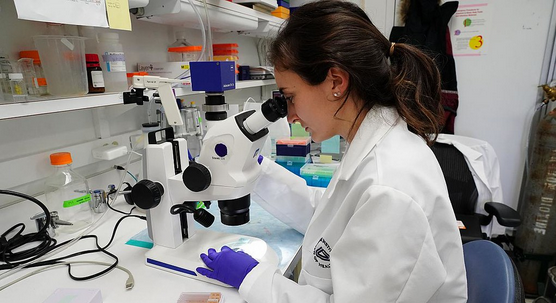Aging is an inevitable part of living. But inevitable as it is, many are keen to find ways to reverse – or at least slow – it. A new study found that a naturally occurring amino acid was linked to the aging process in mice, monkeys and worms, and think it may play a role in human aging.
As we age, our cells and organs stop functioning as efficiently as they used to. On a cellular level, the effects of aging include an increased tendency for DNA mutations to occur during cell division, dysregulation of cells’ ability to recognize and respond to nutrients, dysfunction of the cells’ mitochondrial energy supply, and a build-up of senescent cells, or cells that have stopped dividing. But what if some of these processes could be slowed down?
Anne Bonny: Behind the myth of the breast-baring pirate (video)
Researchers from the Harry Perkins Institute of Medical Research in Western Australia collaborated with international researchers in an attempt to answer that question by exploring taurine’s role in aging.
Read more: New Atlas




































